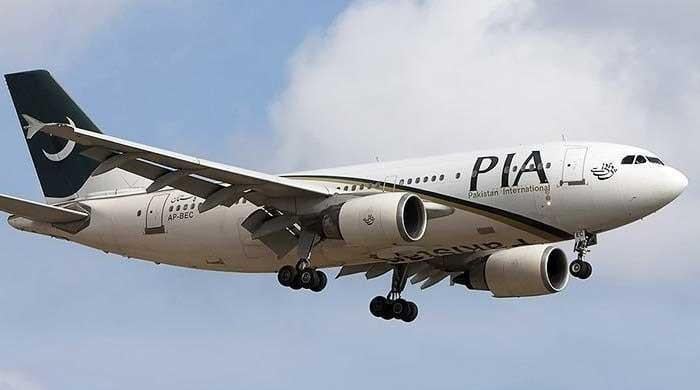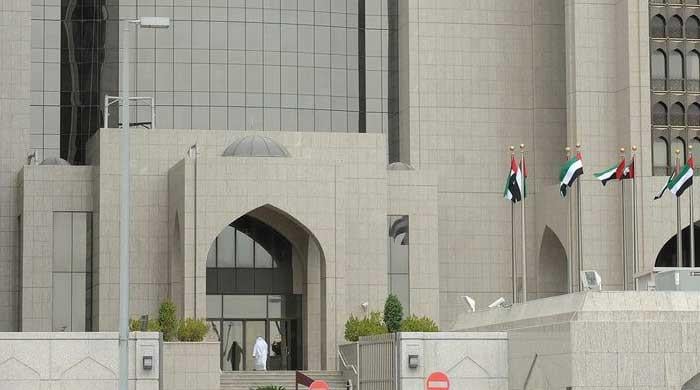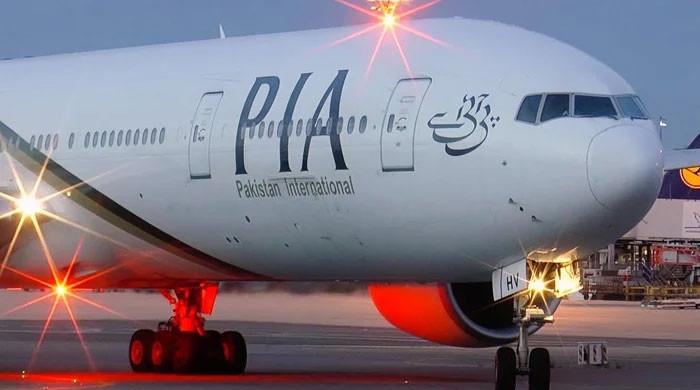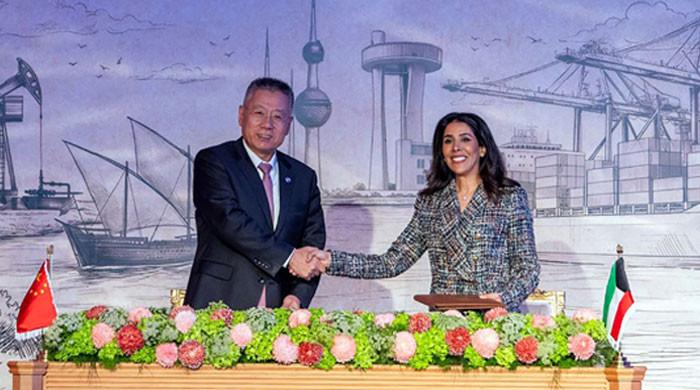Is your mobile connectivity improving your quality of life?
Mobile phones are dominant form of digital connectivity in Pakistan, a report shows 73% of Pakistanis believe greater mobile connectivity enhances quality of life
September 21, 2022
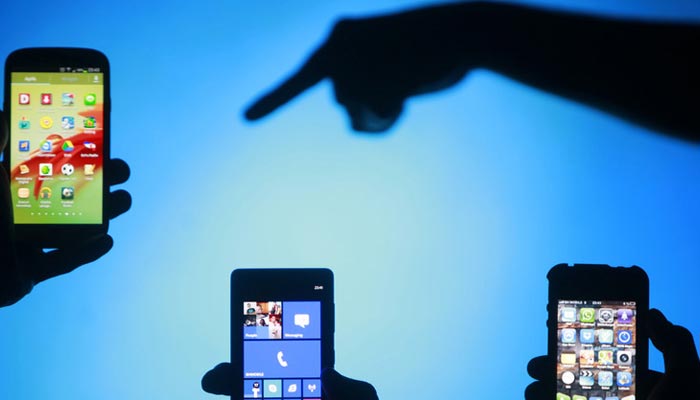
The generation that grew up around the onset of the IT revolution in Pakistan in the early 1990s is now moving and shaking the country that is rapidly digitising but it still has a long way to go compared to the world’s highly technologised societies.
A report titled ‘Digital Lives Decoded’ shows that a new Pakistan is being built by millions of people through their mobile connectivity.
As mobile phones are the dominant form of digital connectivity in Pakistan, the survey shows 73% of Pakistanis believe that greater mobile connectivity has enhanced their quality of life.
The report was compiled after surveying over 8,000 mobile internet users across eight countries in South and Southeast Asia (Bangladesh, Indonesia, Malaysia, Pakistan, Philippines, Singapore, Thailand, and Vietnam).
It further revealed that around 53% of Pakistani women said mobile phones considerably improved the quality of their lives, while 40% of the surveyed men said the same.
They believe that greater mobile connectivity increases their access to information for daily tasks, efficiency and productivity, and saves at least an hour a day.
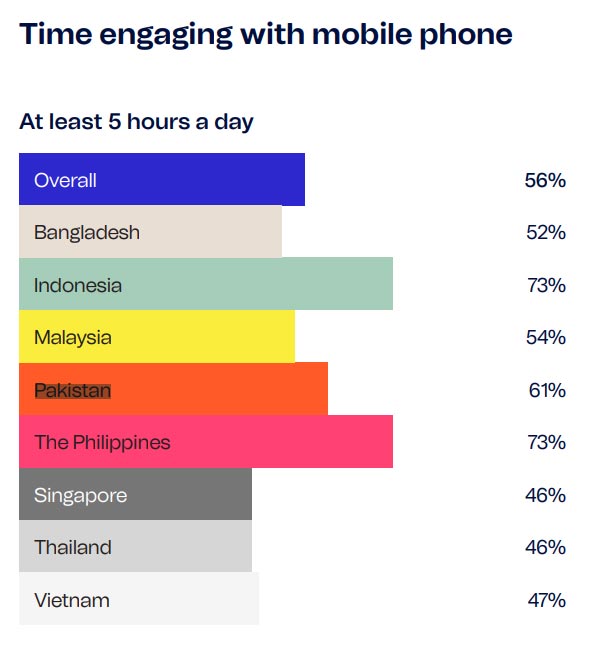
However, the report highlighted there was a slight gap that existed in generational views. The highest being Boomers. Surprisingly, the highest number of respondents that believed mobile phones significantly improved their quality of life was Baby Boomers and the least number of respondents agreeing with the notion were from Gen Z.
Nearly 90% of the Pakistanis said an increase in mobile connectivity also improved inclusion. The majority indicate that mobile connectivity has given them greater access to services that are key to enriching their daily lives, such as finance (90%), education (94%), and healthcare (89%).
However, compared to other countries’ respondents, Pakistanis were least likely to feel their mobile phones significantly improved their quality of life (47%), compared to 58% overall.
They were also least likely to feel their mobile phone improved their relationships with other family members — 63% versus 75% overall.
Pakistanis were mostly concerned about striking a good balance with mobile technology — 26% of them felt that they were over-utilising technology, compared to 19% overall.
Baby Boomers in Pakistan lead the way regionally in terms of the number of hours spent per day on their mobiles, with 59% spending at least five hours per day on their phones.
Baby Boomers in Pakistan also stand out as the generation most likely to increase already significant amounts of time with their mobile devices – 70% expect to further increase mobile usage over the next one to two year.





